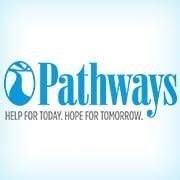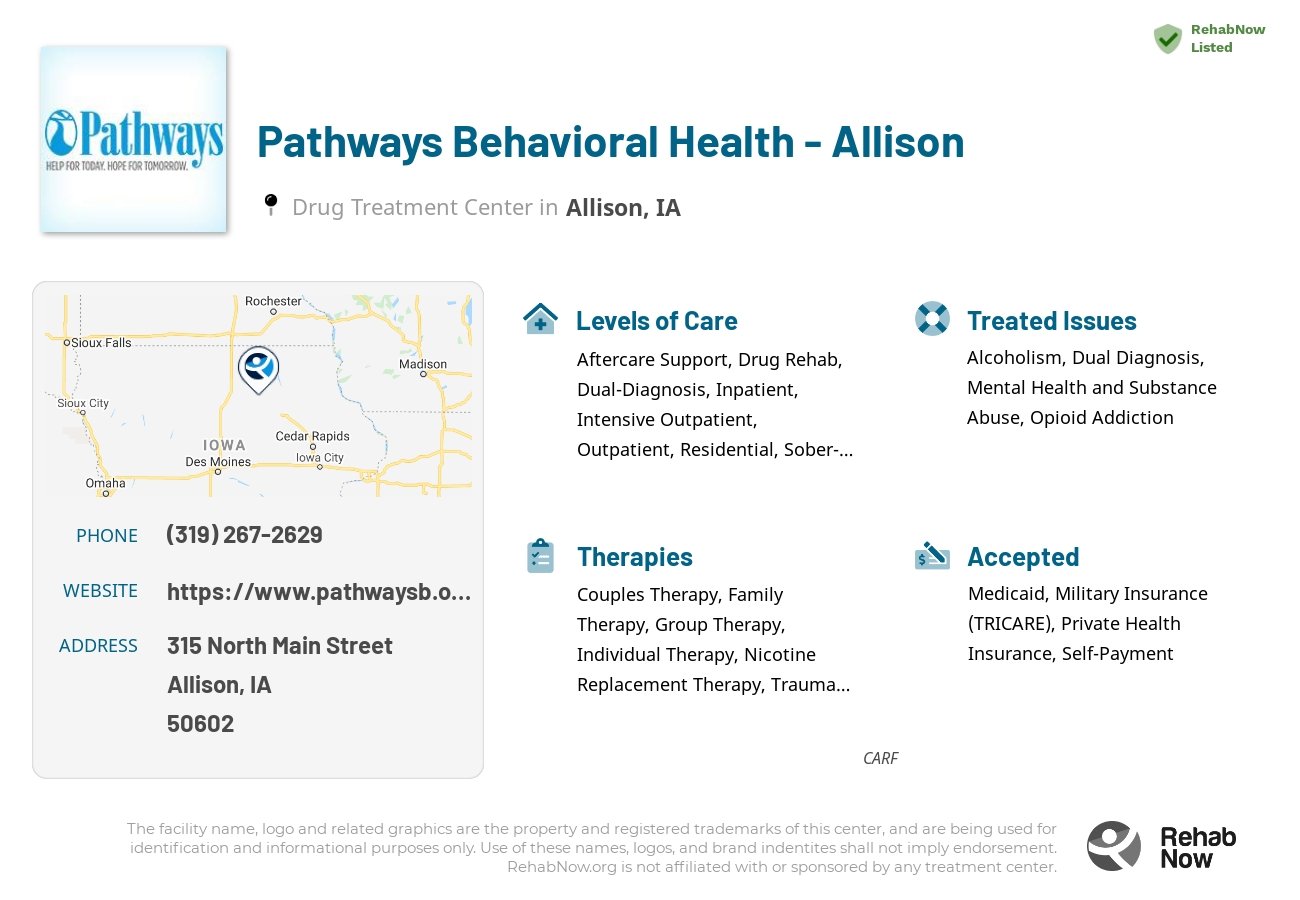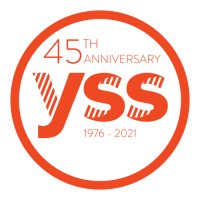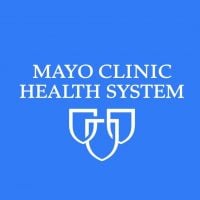Multiple patients have reported Pathways Behavioral Health - Allison as permanently closed.
Research other rehabs in Allison, Iowa, or get help finding an open facility.
About Pathways Behavioral Health - Allison in Iowa
Pathways Behavioral Health - Allison is an addiction treatment facility located in Allison, Iowa. Founded in 1967, this center has a long-standing reputation for providing quality care and support to individuals suffering from various forms of addiction, including alcoholism, drug addiction, and opioid addiction. As an accredited facility by CARF (Commission on Accreditation of Rehabilitation Facilities), Pathways Behavioral Health - Allison adheres to the highest standards of treatment and ensures that patients receive evidence-based care. They offer a range of levels of care including inpatient, intensive outpatient, outpatient, and residential treatment options, allowing individuals to receive the level of support that best fits their needs. Additionally, Pathways Behavioral Health - Allison provides aftercare support and sober-living/halfway programs to ensure a smooth transition back into society after completing treatment. Accepting private health insurance, this facility strives to make treatment accessible to as many individuals as possible.
Pathways Behavioral Health - Allison offers a comprehensive range of services for addiction and substance abuse. Their team of experienced professionals provides individualized treatment plans that address not only the addiction itself but also any underlying mental health issues through their dual-diagnosis program. For individuals requiring a more structured and intensive level of support, Pathways Behavioral Health - Allison offers inpatient treatment where patients can receive 24/7 care and supervision. They also provide intensive outpatient and outpatient programs for those who need more flexibility in their treatment schedule while still benefiting from therapy and counseling sessions. In addition to these services, Pathways Behavioral Health - Allison offers residential treatment and sober-living/halfway programs, providing a safe and supportive environment for those seeking long-term recovery. With their commitment to comprehensive care and individualized treatment, Pathways Behavioral Health - Allison aims to empower individuals on their journey to recovery and lasting sobriety.
Genders
Ages
Modality
Additional
Accreditations

CARF
The Commission on Accreditation of Rehabilitation Facilities (CARF) is a non-profit organization that specifically accredits rehab organizations. Founded in 1966, CARF's, mission is to help service providers like rehab facilities maintain high standards of care.
Conditions and Issues Treated
Opioid addiction treatment should be done in a medically supervised drug rehab. While taking opioids, users will typically use other substances to enhance the effects of opioids or to reduce the adverse effects of opioid use. Opioid addiction treatment will include detoxification and drug rehab counseling to help both the user and their loved ones learn how to live a successful sober lifestyle.
Treatments such as methadone, buprenorphine, and naltrexone are three medications that can help treat opioid addiction. These drugs work on the brain’s pleasure center and reduce cravings and the effects of illicit opioids such as heroin. These drugs can be either given orally or by injection. Individual drug rehab counseling sessions can be helpful to discuss any questions or concerns with the drug treatment program. This counseling will also help the user set goals for when they finish drug rehab.
Opioid addiction recovery is a long process. Many of the changes to the brain caused by opioid use cannot be undone, but with time and the proper treatment, a person can return to normal function. After detox, treatment will include drug rehab counseling and entering a halfway house or sober living community. Aftercare is critical to long-term recovery, as it helps the user avoid relapsing and entering back into drug rehab.
Levels of Care Offered
This center offers a variety of custom treatment tailored to individual recovery. Currently available are Aftercare Support, Drug Rehab, Dual-Diagnosis, Inpatient, Intensive Outpatient, Outpatient, Residential, Sober-Living / Half-Way, with additional therapies available as listed below.
Inpatient treatment for alcoholism or drug addiction is an option that provides the addict with a supportive environment in which they can stop using. This type of treatment is appropriate for addicts that are most in need of intensive care and supervision. This includes those who were unable to quit on their own, those who need more structure than they can get in outpatient treatment.
Intensive outpatient treatment is a type of comprehensive addiction care. Unlike conventional residential treatment programs, the patients live at home during the recovery process. This means that one can continue working and caring for their families. These also allow people to keep pursuing their studies while also working on their sobriety.
Outpatient treatment can help one transition to normal life from the round-the-clock supervision and treatment available during inpatient treatment. It is an excellent tool to ensure long-term recovery. However, it is essential to note that intensive outpatient treatment in itself does not remove patients from the real-world setting. This means there’s always a higher risk of coming across environmental triggers. To further prevent relapse, an outpatient treatment center should be able to provide ongoing support services.
Once the patient is enrolled in an intensive outpatient treatment program, they will be expected to attend therapy and group meetings daily for a stipulated period. The frequency and duration of each session will depend on the patient’s needs and level of addiction. This can help curb the habit and deal with underlying issues that led to it. Most of these professional treatments are designed to allow patients to structure their daily schedules in a way that is conducive to recovery.
“Outpatient treatment is ideal for those who have a lower intensity addiction. It’s also suitable for those with a supportive environment and those on a tight budget.
Outpatient treatment can be considered the lowest intensity level of addiction treatment. It is ideal for early phase addiction or lower intensity addictions. It may involve weekly sessions instead of daily. Peer group support, 12-step programs, and individual counseling may still be used and anti-addiction medication.
Sober living homes are halfway houses where people can stay for a while and stabilize themselves—no drinking or drugging, paying rent/bills, etc. There is no minimum or maximum stay, but as long as you follow these simple guidelines, it’s an excellent chance to move forward into sobriety!
For many, this is a new beginning, a reset. The opportunity to establish new routines and healthy habits that will result in long-term sobriety is given to those who have lost everything due to addiction. It’s also common for people to move from one sober living home to another, each step closer to a drug and alcohol-free life.
Residential treatment programs are those that offer housing and meals in addition to substance abuse treatment. Rehab facilities that offer residential treatment allow patients to focus solely on recovery, in an environment totally separate from their lives. Some rehab centers specialize in short-term residential treatment (a few days to a week or two), while others solely provide treatment on a long-term basis (several weeks to months). Some offer both, and tailor treatment to the patient’s individual requirements.
Aftercare support is vital to those who have completed a drug or alcohol treatment program. This support comes in individual and family counseling, treatment of psychiatric and other medical conditions, and medications to reduce cravings. It helps recovering addicts adjust to normal day-to-day activities and can last for a year or longer.
The majority of drug and alcohol addicts who receive aftercare treatment do not relapse. It is estimated that without aftercare, the relapse rate will be between 70 to 90 percent for most people. Aftercare is the final stage in addiction recovery, but it will also help maintain sobriety if relapse does occur.
Therapies & Programs
No single treatment works for all addicts; therefore, the goal of treatment and therapy should be to find what works best for each individual. Some people requiring addiction treatment may only need a few weeks of inpatient care. Others will require long-term residential care. Tolerance and withdrawal levels vary from person to person and thus affect the intensity of the treatment needed.
If an individualized approach to treatment and therapy is not offered, addicts may fail to reap benefits from their efforts. Professionals must customize plans according to their patient’s needs, limitations, and strengths. The goal of all forms of addiction treatment should be for addicts to find healthy ways to cope with their addiction and its underlying causes.
Couples therapy for drug addiction is a unique form of therapy that allows family members to work through the emotional issues of their loved one’s addiction together. Family members can support each other while learning how to cope with the addiction and encourage healthy changes.
Accordingly, couples therapy for drug addiction is designed for an addict and their significant other or spouse. The two will work with a therapist to learn how the addiction affects themselves and the relationship and how to break the negative patterns of behavior that may have developed.
Drug addiction can destroy a person’s life, as well as their family and friends. The loss of one’s ability to choose how to live and behave often leads the addict into depression, anger, guilt, and many emotional problems.
The therapies usually include siblings, children, and parents who are involved in their daily lives. These sessions are vital because they address past issues that may have hampered an addict’s or alcoholic’s recovery and provide support at a crucial time!
One of the most critical aspects of family therapy is helping addicts’ loved ones see their situation in a new light. It’s also one of the most challenging things a family can do when a loved one struggles with addiction or alcoholism.
Group therapy is held in a safe, controlled setting where patients can feel comfortable sharing their struggles and gaining perspective through shared conversations. It takes place in a group rather than one on one to prevent feelings of isolation or being unique in their situation while creating an environment for addicts at Pathways Behavioral Health - Allison to develop fellowship, accountability, and support. Group therapy is an important tool in recovery that prevents cravings that prompt a return to active addiction.
This type of therapy involves the use of a variety of therapeutic techniques to help addicts recover from past traumas that might have triggered their substance abuse. During these sessions, therapists will work with the addict to address painful memories and learn how to cope effectively with stressors as they arise.
During these types of sessions, therapists will typically focus on three main goals:
- Identifying and expressing painful emotions associated with past traumas.
- Reducing the effects of stress on an addict’s life by developing more effective coping mechanisms.
- Developing healthy ways of thinking about stressful situations that can help addicts avoid substance abuse issues in the future.
This type of therapy is typically used in conjunction with other types of addiction treatment services. By identifying and dealing with the root cause of addiction, most addicts can overcome their cravings and prevent relapse once they leave rehab.
Many different types of addiction treatment services exist to help addicts safely get sober, but it’s important for recovering individuals to find a therapist or support group that will help them address the root cause of their addiction.
Payment Options Accepted
For specific insurance or payment methods please contact us.
Is your insurance accepted?
Ask an expert, call (888) 674-0062
Pathways Behavioral Health Associated Centers
Discover treatment facilities under the same provider.
- Pathways Behavioral Health - Waverly in Waverly, IA
- Pathways Behavioral Health - Outpatient in Waterloo, IA
- Pathways Behavioral Health - Fredericksburg in Fredericksburg, IA
- Pathways Behavioral Health - Waterloo in Waterloo, IA
- Pathways Behavioral Health - Independence in Independence, IA
Learn More About Pathways Behavioral Health Centers
Additional Details
Specifics, location, and helpful extra information.
Allison, Iowa 50602 Phone Number(319) 267-2629 Meta DetailsUpdated November 25, 2023
Staff Verified
Pathways Behavioral Health - Allison Patient Reviews
There are no reviews yet. Be the first one to write one.
Allison, Iowa Addiction Information
Iowa ranks 2nd lowest in the nation for illicit drug use, but 12% of its residents are still using these drugs every single year. Methamphetamines account for more than 90% of all drug-related prison admissions in Iowa. Alcohol is the most widely abused substance in the state, with 23% of residents admitting to heavy drinking.
Treatment in Nearby Cities
- Audubon, IA (130.8 mi.)
- Webster City, IA (55.5 mi.)
- Belle Plaine, IA (65.0 mi.)
- Decorah, IA (63.7 mi.)
- Keosauqua, IA (146.4 mi.)
Centers near Pathways Behavioral Health - Allison
The facility name, logo and brand are the property and registered trademarks of Pathways Behavioral Health - Allison, and are being used for identification and informational purposes only. Use of these names, logos and brands shall not imply endorsement. RehabNow.org is not affiliated with or sponsored by Pathways Behavioral Health - Allison.







